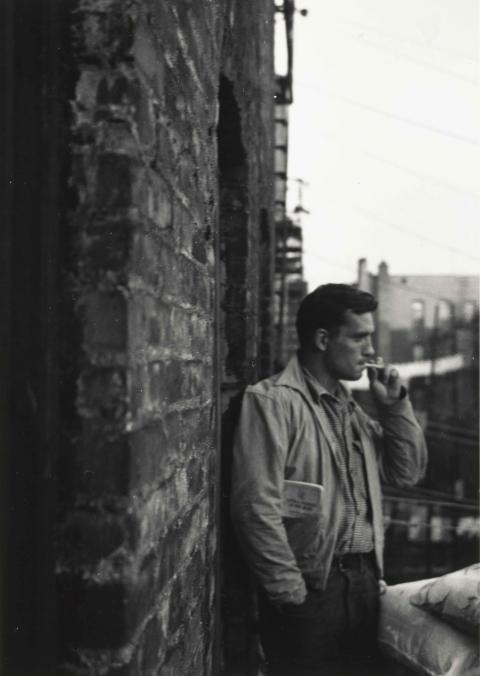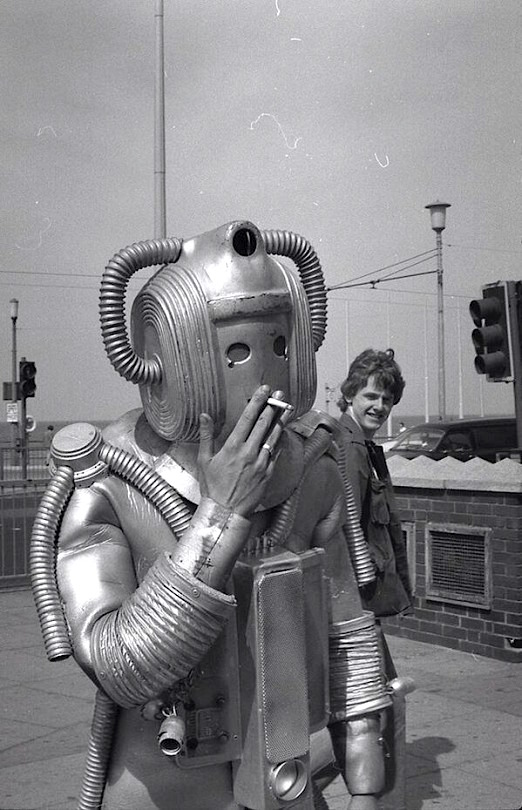The portrayal of spoken word and slam in “Spoken Word: A Cultural History” by Joshua Bennett touches upon several key points that underscore potential shortcomings and misrepresentations within the narrative regarding reformist political instrumentation regarding the watering down of spoken word as revolutionary, focus on the author’s self-centered narratives, and the commercialization of the trivial(Bennet 56). The critique points out the intertwining of spoken word with political agendas, particularly during the Obama administration false narrative of a post-racial administration(Bennett 25). This observation implies a concern that spoken word (with it being the equivalence of all postmodern poetry), may have been co-opted by political powers, potentially diluting its authenticity and revolutionary potential. Without a philosophical critique of distinctive analysis of spoken word as an aesthetic, the book grapples as a persiflage autobiography of the author’s life within spoken word and not a “cultural history” as it is titled.
The focus on Self-Centered Narratives distinguishes between autobiography and autoethnography, the critique suggests that the book may prioritize self-centered narratives over broader aesthetic, historicism, and philosophical explorations of cultural and social contexts. This could indicate a limitation in the book’s scope and depth of analysis. The distinction between autobiography and autoethnography is crucial in understanding the critique’s concern regarding self-centered narratives in the cultural history of spoken word. Autobiography typically focuses on the personal experiences and perspectives of the author, often centering on individual achievements, struggles, and reflection. On the other hand, autoethnography expands beyond personal narratives to include a deeper exploration of cultural and social contexts, acknowledging the interconnectedness between personal experiences and broader societal dynamics.
The critique laments a perceived departure from the revolutionary spirit embodied by figures like the revolutionary communist and poet Amir Baraka in the portrayal of spoken word history. This implies a dissatisfaction with how the evolution of spoken word is depicted in the book, potentially overlooking its radical roots. The lamentation over the loss of the revolutionary spirit in the portrayal of spoken word history reflects a dissatisfaction with how the evolution of spoken word is depicted in the book(Bennet 56). By invoking figures like Amir Baraka, who embody the radical and transformative potential of spoken word as a tool for social change and resistance, the critique highlights a perceived raison d’ etre between the historical roots of the movement and its contemporary representation. There was also a need to equate how spoken word and slam have now become so synonymous with poetry that poetry is now only spoken word and or slam. This also reflects a departure from the connection, if any, to dada, surrealism, and modern poetry.
Finally, the commercialization and trivialization of spoken word raises concerns about the commercialization and trivialization of spoken word, particularly in how it caters to a “lowest common denominator” audience and focuses on personal narratives, stand-up comedy, and trauma exploitation. This indicates a worry about the commodification of spoken word and its potential to dilute its cultural and artistic significance. The focus on commercial success as an acid test for good poetry versus just poetry-that-is-within-sight, is myopic and extinguishes the revolutionary need for poetry to be not only authentic, but show that poetry is what can not be painted. Focusing on how the so-called Hollywood of Poetry is the commercial success of Button Poetry(Bennett 123). It suggests a concern that the platform prioritizes mainstream recognition and social media popularity over the deeper historical and cultural roots of spoken word; this means that Button Poetry is good poetry and untouchable poetry because of its in esse. Meaning Button Poetry is great and the go-to place because of its accessibility and as easy as pushing a button. But this raises questions just because of spoken word’s mainstream accessibility, does it become art, or just billboard art.
Overall, this critique suggests that while Betts’ book provides insights into the cultural and political dimensions of spoken word, it may fall short in delivering a comprehensive examination of the art form’s evolution, aesthetic qualities, and societal impact. It’s viewed more as a reflection of the author’s personal experiences within the spoken word community rather than a truly encompassing cultural history. This results in asking a question, what is the new poetry movement?
Works Cited
Bennett,J(2023). Spoken Word: A Cultural History. New York. Penquin Books.
—Lucas Alan Dietsche(Pronouns, He, comrade, and accomplice) PhD in Visual Arts: Philosophy, Aesthetics, and Art Theory, and a published anti-poet, and artist-philosopher. He can be reached at ldietsche@idsva.edu











